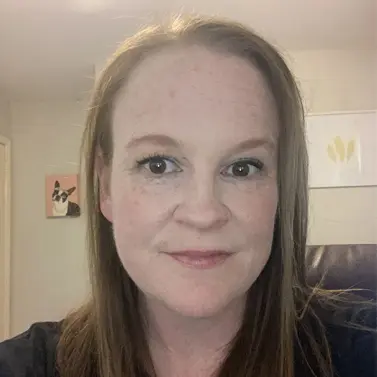The education of children is a top priority for most parents. As a child gets close to school age, the question of where the child will attend school arises. Wanting the best for your child, you may consider a private school. But, you may wonder if a private school is worth it. Will a private school provide a better learning foundation for your child? Keep reading as a few parents answer this question.
It Depends On The Child
In many states, private school teachers do not have to undergo the same certification process as public school teachers. This could mean that they do not have the same level of training in early childhood development that public school teachers are required to have. This doesn’t necessarily mean that they are less qualified, but it does mean parents should ask questions to their potential school and do their due diligence to find out how the teachers are trained.
These schools are usually unprepared (or at least under-prepared) for children with special education disabilities. Public schools mandate that procedures are in place to help every student, regardless of ability. Private schools do not have to make the same accommodations. If your child has special needs, a private kindergarten is probably not equipped to handle the child’s individual needs.
Student groups in these private schools tend to be homogenous and fairly high achieving. This makes it easier for teachers to move at an accelerated pace and deliver rigorous instruction without having to differentiate for multiple learning styles and abilities. A private school could be an excellent fit if your child is already operating at an advanced level.
Yes, If You Can Afford It
1. Quality Of Education
Private kindergarten schools often boast smaller class sizes, which can provide a more personalized learning experience for children. Teachers can dedicate more time to each student, ensuring they receive the attention and guidance needed to excel academically.
Furthermore, private schools tend to have access to more resources, such as advanced teaching materials and technologies, which can contribute to a richer educational experience.
2. Environment And Social Dynamics
A private kindergarten’s environment and social dynamics can differ significantly from public schools. Private institutions often have a more diverse student population, exposing children to different cultures, backgrounds, and perspectives. This can help them develop a broader worldview and foster important social skills like empathy and understanding.
Additionally, private schools often strongly emphasize character development and community involvement, which can instill a sense of responsibility and commitment to the well-being of others.
3. Financial Implications
One of the main drawbacks of private kindergarten education is the financial burden it can place on families. Tuition fees can be quite steep, which may not be feasible for all families. Moreover, [families must] weigh the benefits of private education against the sacrifices that may need to be made in other areas of a family’s budget, such as extracurricular activities, vacations, or even investments in the children’s future education.
Enrolling children in a private kindergarten school can give them a better learning foundation in certain aspects, such as personalized attention, access to advanced resources, and exposure to diverse social dynamics. However, [families must] carefully consider the financial implications, as the costs can be prohibitive for some.
Ultimately, deciding whether to pursue private kindergarten education should be based on a family’s needs, values, and financial circumstances. Parents can make the best decision for their children’s educational journey by carefully evaluating these factors.
Yes, Thanks To Small Classes
Enrolling your kids in a private kindergarten school can definitely give them a better learning foundation, as they learn and develop skills in small classes with highly qualified teachers. They also get more individualized attention since the smaller class sizes make it easier to keep up with their studies and focus on developing their skills.
Private schools also often offer enrichment activities such as music or art lessons that may help further develop your child’s education. It is important to remember that only some have access to private schools due to cost or location factors, so public schools should still be considered an option when making this decision.
This is a crowdsourced article. Contributors’ statements do not necessarily reflect the opinion of this website, other people, businesses, or other contributors.



